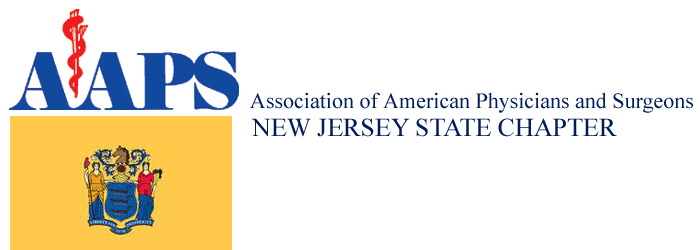Doctors Unchained
 Monday, April 29, 2013 at 06:58AM
Monday, April 29, 2013 at 06:58AM The ABMS is the umbrella organization that accepts dues from 24 specialty medical boards. They have developed an ongoing program of Maintenance of Certification (MOC) and are asking states to use this same testing for Maintenance of Licensure (MOL).
Medical insurance plans and hospitals are increasingly expecting all of their physicians to enroll in the MOC programs. What was once considered a mark of excellence, board certification, has turned into a mark of competence, something that has never been proven.
The charge is that the ABMS and its 24 Boards violate antitrust law and misrepresent the medical skills of physicians who decline to purchase and spend time on its program. The Boards invite patients to go online to see if their physicians are enrolled in MOC, as if they can prove that this has any bearing on their clinical skills or ability to care for their patients. These Boards regulate themselves with no outside oversight. Physicians cannot see where they made mistakes on the test and have no way to appeal or to verify the accuracy of the grading. The tests are pass-fail, and designed to have a certain failure rate, ;which could be 20 percent or more, depending on the Board. Many a physician has lost his ability to practice medicine in his current location because of MOC—even though he has been doing an excellent job for his patients.
The new Chair of the American Board of Internal Medicine (ABIM), Dr. Bob Wachter, claims that the overall picture of American healthcare “is not pretty: there are too many mistakes, quality is often shoddy, variations are the norm, access is spotty, seamless coordination is rare, patient-centeredness is unusual, and costs are unsustainable.”
He goes on to proudly describe MOC on the ABIM website as “more than passing a test every ten years. It now includes measuring one’s own practice patterns and submitting plans for improvement, reviewing patient and peer satisfaction surveys, and more.” Dr. Wachter realizes that this will not make doctors happy, but believes it will “bolster the credibility of board certification, and thus of professional self-regulation.”
So there. MOC is a way to bolster the image of the Boards. It is also a way to bolster the income of those who serve on these Boards, as some have compensation packages nearing $1 million. The idea that this is a way to improve the clinical skills and knowledge of doctors is unfounded, for doctors know otherwise. The best way we continue to learn is by reading, consulting with our colleagues, and actually caring for our patients. Each patient we see is a test of our skills.
No other profession is as over-regulated and, frankly, exploited as the medical profession. The cost to enroll in MOC and to take the courses needed to answer questions often far removed from the niche specialty the physician has chosen, and the time away from caring for patients, all take a toll on the physician. Many will time their retirements on that deadline of taking the next proctored, all-day exam, far from home.
Doctors need to be freed from the overbearing regulators and those who would bind us up with mandates, red tape, form-filling, and testing. Patients need us, and we want to be there for them. Unshackle us!





